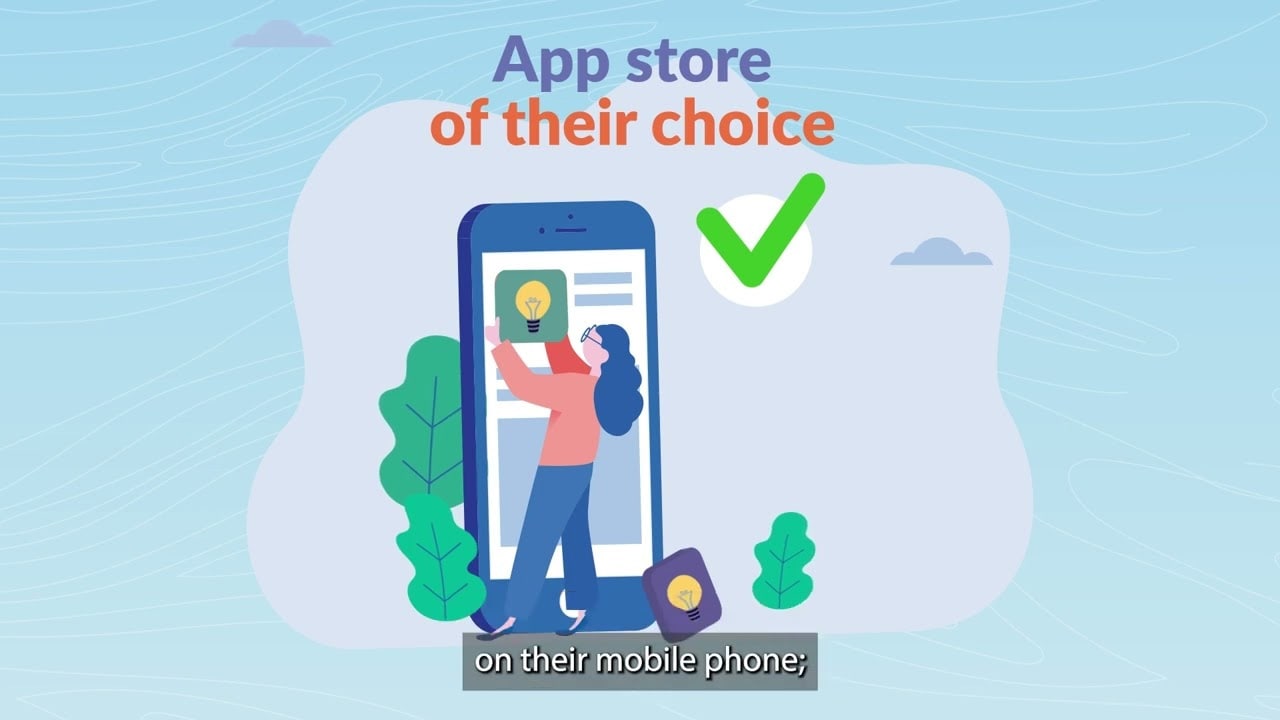New EU rules, which take effect on November 1st, could force Apple to allow users to access third-party app stores and allow sideloading of apps on iPhones and iPads, among other measures aimed at making the digital realm fairer and more competitive sweeping changes.
Under the EU’s Digital Markets Act (DMA), the rules will apply to tech giants that meet its “gatekeeper” criteria and force them to open up their various services and platforms to other companies and developers.
Join us on Telegram
Apple is almost certainly listed as a “gatekeeper” due to the size of its annual turnover in the EU, a large number of active users on its owned and operated platforms, and its “entrenched and enduring position” due to the length of time it has been meeting these criteria ” and will therefore be subject to the rules specified by the DMA.
DMA could force Apple to make major changes to how the App Store, Messages, FaceTime, and Siri work in Europe. For example, it could be forced to allow users to install third-party app stores and sideload apps, giving developers the ability to work closely with Apple’s own services, promote their products outside the app store, use third-party payment systems, and access Apple’s collections the data.
 One of the recent additions to the DMA is the requirement to make messaging, voice calling, and video calling services interoperable. The interoperability rules theoretically mean that Meta apps such as WhatsApp or Messenger could require interoperability with Apple’s iMessage framework, which Apple would be forced to comply with across the EU.
One of the recent additions to the DMA is the requirement to make messaging, voice calling, and video calling services interoperable. The interoperability rules theoretically mean that Meta apps such as WhatsApp or Messenger could require interoperability with Apple’s iMessage framework, which Apple would be forced to comply with across the EU.
The DMA was proposed by the European Commission in December 2020 and agreed upon by the European Parliament and Council in record time in March 2022. It is now in a 6-month implementation phase and will be applicable from May 2, 2023.
Thereafter, within 2 months, by July 3, 2023, at the latest, potential “gatekeepers” must inform the Commission of their core platform services if they meet the thresholds set by the DMA.
If Apple were designated the “gatekeeper,” it would have to make significant changes to its iPhone and iPad platforms to accommodate those requirements. In March, before the law was passed, Apple said it was “concerned that some of the terms of the DMA would create unnecessary privacy and security holes for our users.”
Apple faces similar legislation in the U.S., where members of the U.S. House of Representatives introduced an antitrust bill in June that, if passed, would lead to major changes in the tech industry.
















